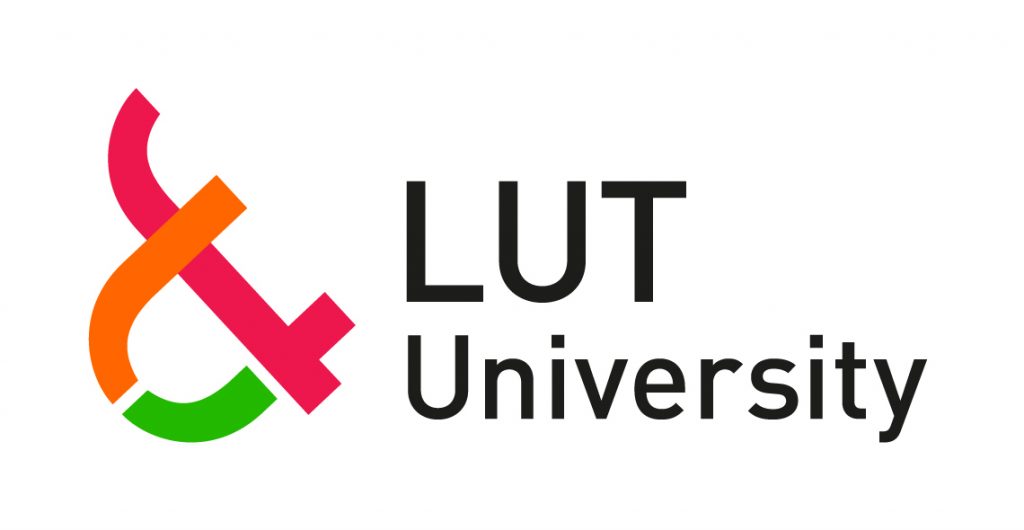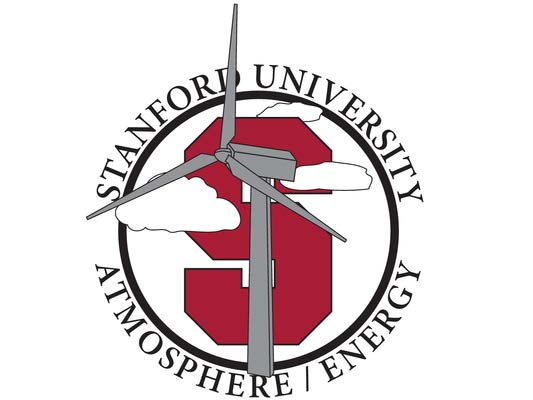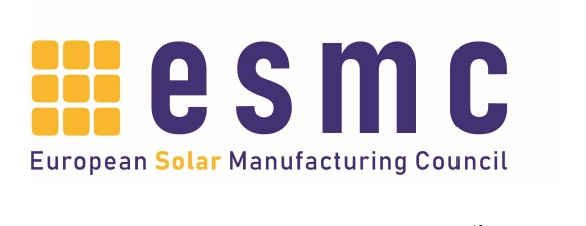A world based on 100% renewable energy is possible, and we are able to transform the energy system fast enough to avoid the climate catastrophe!
The Earth’s climate emergency requires the completion of a zero-emissions economy much sooner than the generally discussed target year of 2050. A target year needed for ending our CO2 and other climate-warming and air pollutant emissions is proposed to be 2030 for the electric power sector and soon thereafter, but ideally no later than 2035, for other sectors. The core solution to meeting this timeline is to electrify or provide direct heat for all energy and provide the electricity and heat globally with 100% renewable energy (RE).
To date, 11 countries have reached or exceeded 100% renewable electricity; 12 countries have passed laws to reach 100% renewable electricity by 2030; 49 countries have passed laws to reach 100% renewable electricity by 2050; 14 U.S. states and territories have passed laws or executive orders to reach up to 100% renewable electricity by between 2030 and 2050; over 300 cities worldwide have passed laws to reach 100% renewable electricity by no later than 2050; and over 280 international businesses have committed to 100% renewables across their global operations. However, only Denmark has passed laws to reach 100% renewable energy across all sectors, and it is by 2050.
In the public debate, policies to reach 100% renewables across all energy sectors are few in number, and by 2035 are non-existent. Some have considered such policies impractical. Based on old data, even major bodies, such as IRENA and the Intergovernmental Panel on Climate Change (IPCC), have only demanded to achieve 70% RE by 2050. The EU as a whole has only a 32% RE target in total energy by 2030, Germany has only a 65% target in the electric power sector.
The world’s leading researchers on wholesale energy transitions, some who have been researching for almost two decades the realization of a complex and secure energy supply with 100% RE, have summarized the findings of their research in a 10 point declaration. Their main message is: The transformation to 100% renewables is possible and will be coming much faster than the general expectation. A 100% renewable electricity supply is possible by 2030, and with substantial political will around the world, 100% renewable energy is also technically and economically feasible across all other sectors by 2035. A 100% RE system will be more cost effective than will a future system based primarily on fossil and nuclear power. The transformation to 100% renewables will boost the global economy, create millions more jobs than lost, and substantially reduce health problems and mortality due to pollution.
On February 9, at a conference of the 2021 Partner Meeting of the Desert Energy Initiative Dii in Abu Dhabi, this declaration has been presented to the global public. This statement will be specifically published in support of the new United States President’s climate change agenda.
Our 10 point declaration
Press release
Check out our video
About us
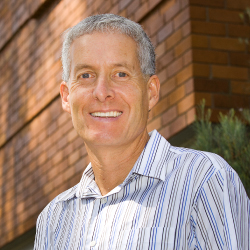
Andrew Blakers
Andrew Blakers is Professor of Engineering at the Australian National University. He founded the solar PV research group at ANU in 1991. In the 1980s and 1990s he was responsible for the design and fabrication of silicon solar cells with world record efficiencies of 18%, 19%, 20% and 22%. He was co-inventor of Sliver solar cell technology, and co-inventor of the PERC silicon solar cell, which has ¾ of the global solar market and cumulative module sales of US$50 billion. Prof Blakers engages in detailed hour-by-hour analysis of energy systems with 50-100% penetration by wind and photovoltaics for which he was co-winner of the 2018 Eureka Prize for Environmental Research. Prof Blakers’ team developed a comprehensive global atlas of off-river pumped hydro energy storage sites.
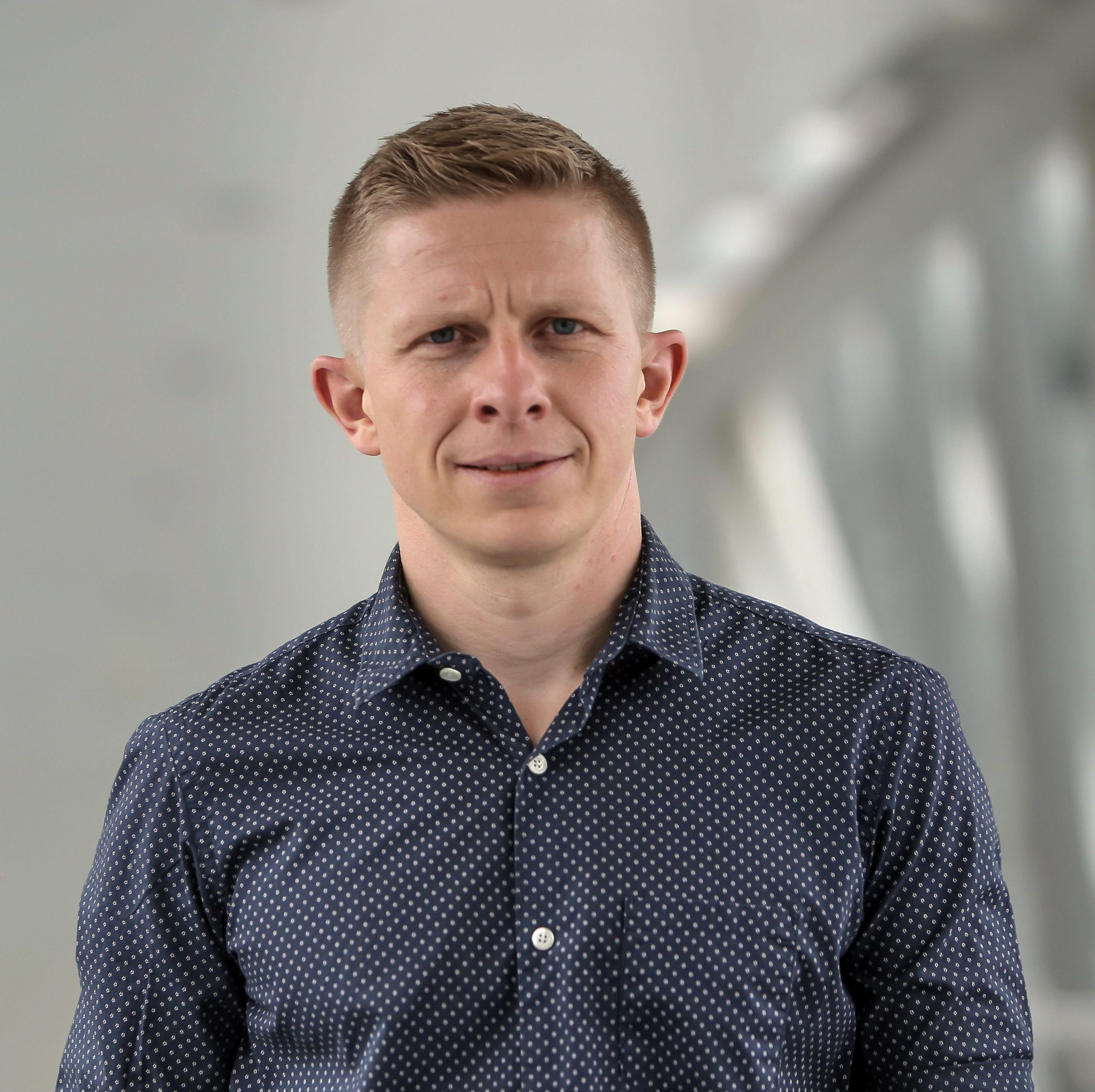
Brian Vad Mathiesen
Brian Vad Mathiesen became Professor in Energy Planning and Renewable Energy Systems at Aalborg University at the age of 35 in 2014. His research focuses on technological and socio-economic transitions to renewables, energy storage, large-scale renewable energy integration and the design of 100% renewable energy systems. He is one of the leading researchers behind the concepts of Smart Energy Systems and electrofuels. He is on the Clarivate, Web of Science Highly Cited list (2015-2020), thus among the top 1% most cited researchers globally. Among other positions, he is member of the EU Commission expert group on electricity interconnection targets in the EU and the newly founded Science Advice for Policy by European Academies Expert Group on A Systemic Approach For the Energy Transition In Europe.
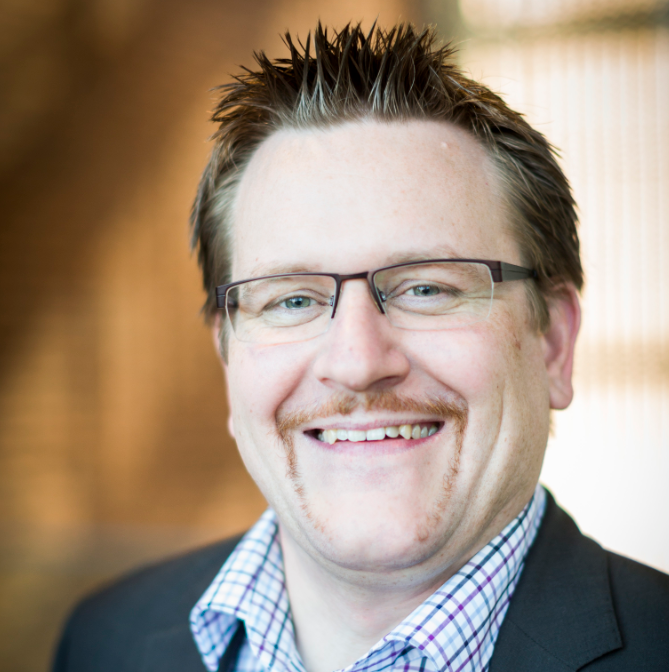
Christian Breyer
Christian Breyer is Professor for Solar Economy at LUT University, Finland. His major expertise is the integrated research of technological and economic characteristics of renewable energy systems specialising in energy system modeling for 100% renewable energy, on a local but also global scale. His team published the most studies on 100% renewable energy systems for countries or major regions globally. He published more than 300 scientific papers, thereof more than 100 in scientific journals. He is member of ETIP PV, IEA-PVPS, scientific committee of the EU PVSEC and IRES, scientific advisory board of CO2 Value Europe, academic council of Global Alliance Powerfuels, chairman for renewable energy at the Energy Watch Group, reviewer for the IPCC and a co-founder of the Desertec Foundation.
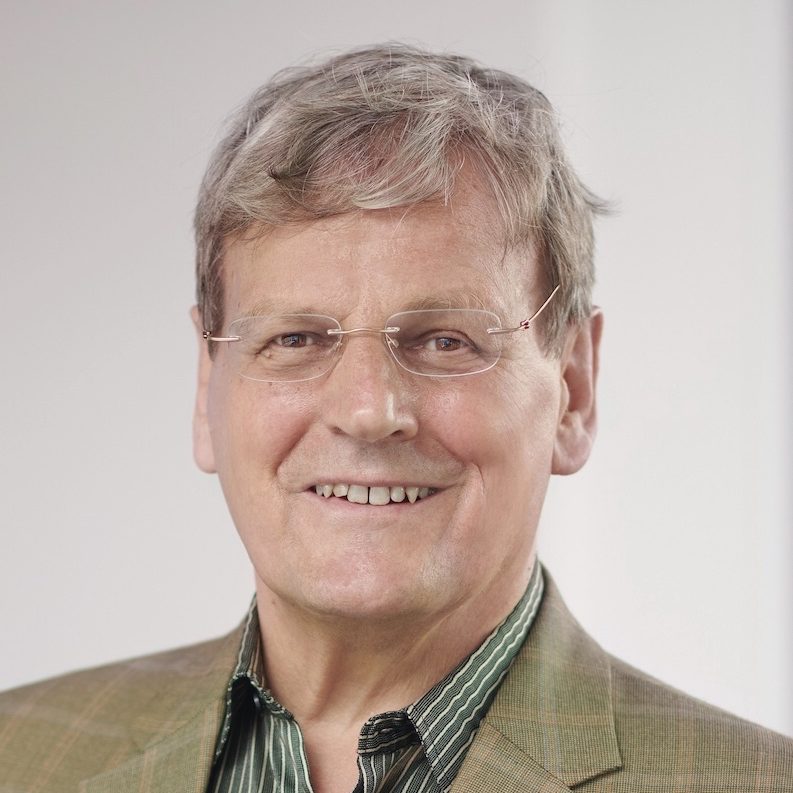
Eicke R. Weber
Prof. Eicke R. Weber is co-Chairman of the European Solar Manufacturing Council ESMC. He has been Director/CEO of the Berkeley Education Alliance for Research BEARS in Singapore. From 2006-2016 he served as Director of the Fraunhofer Institute for Solar Energy Systems ISE and Professor of Physics/Solar Energy of the University Freiburg, Germany. From 1983-2006 he was on the Faculty of the Department of Materials Science and Engineering of UC Berkeley. The focus of Prof. Weber’s research is the materials science of Silicon and compound semiconductors for applications in microelectronics and photovoltaics (PV). Since the 1990s he is actively involved in promoting solutions for the impeding climate catastrophe.
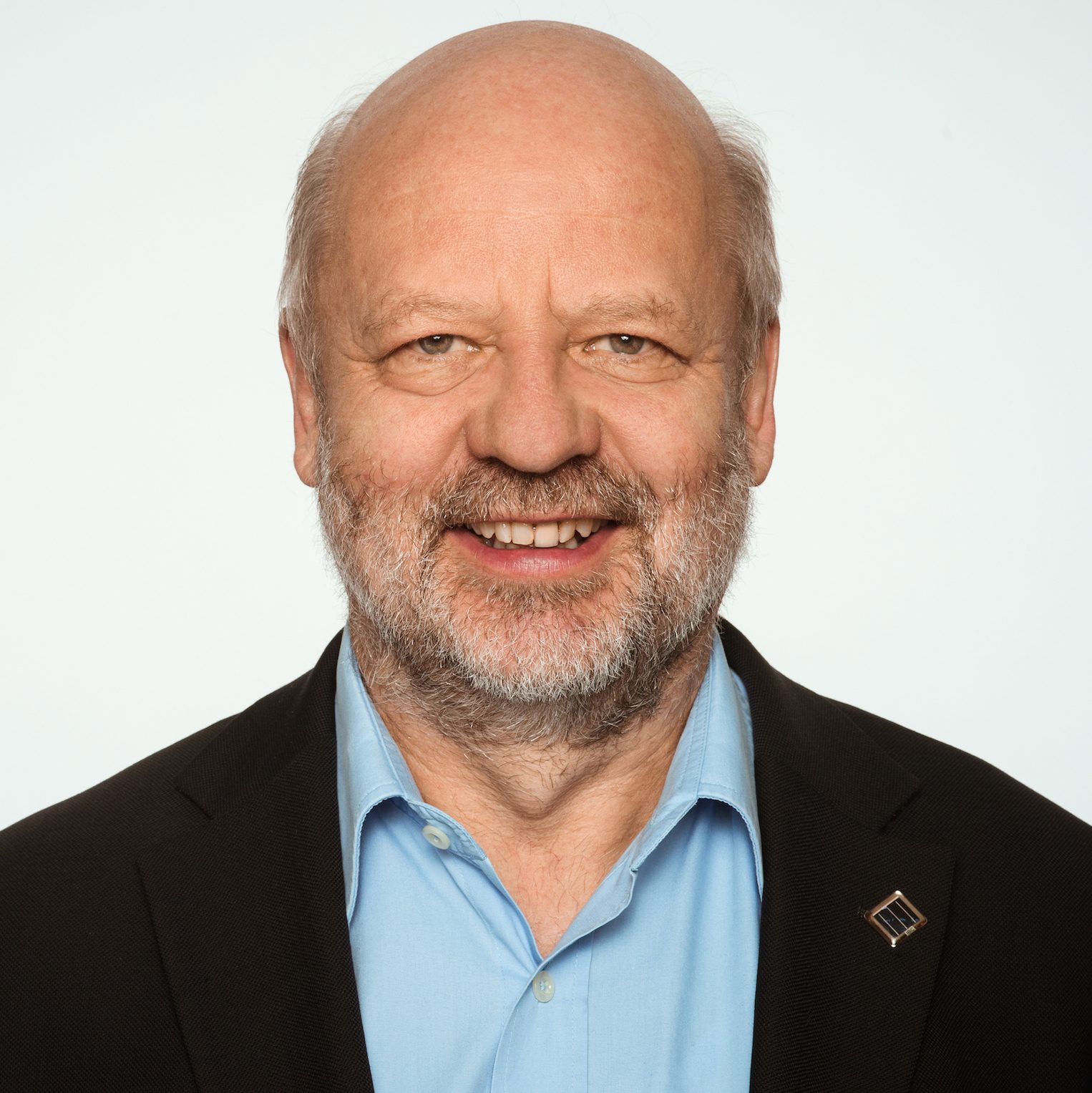
Hans-Josef Fell
Hans-Josef Fell is a former member of the German parliament. He is actively promoting 100% renewable energy worldwide and is providing political advice to many parliaments and governments on the transition to an energy system based entirely on renewables as well as on climate protection. Hans-Josef Fell is the Founder and President of the Energy Watch Group, an independent, non-profit, non-partisan global network of scientists and parliamentarians. Together with his organisation, Hans-Josef Fell is analysing global energy developments and commissioning independent studies on energy, such as the most recent study titled “100% Renewable Electricity Worldwide is Feasible and More Cost-Effective than the Existing System“, whose findings have received much attention among media, politics and scientists worldwide. Hans-Josef Fell is also the author of several books, the latest publication being “Global Cooling – Strategies for climate protection”.
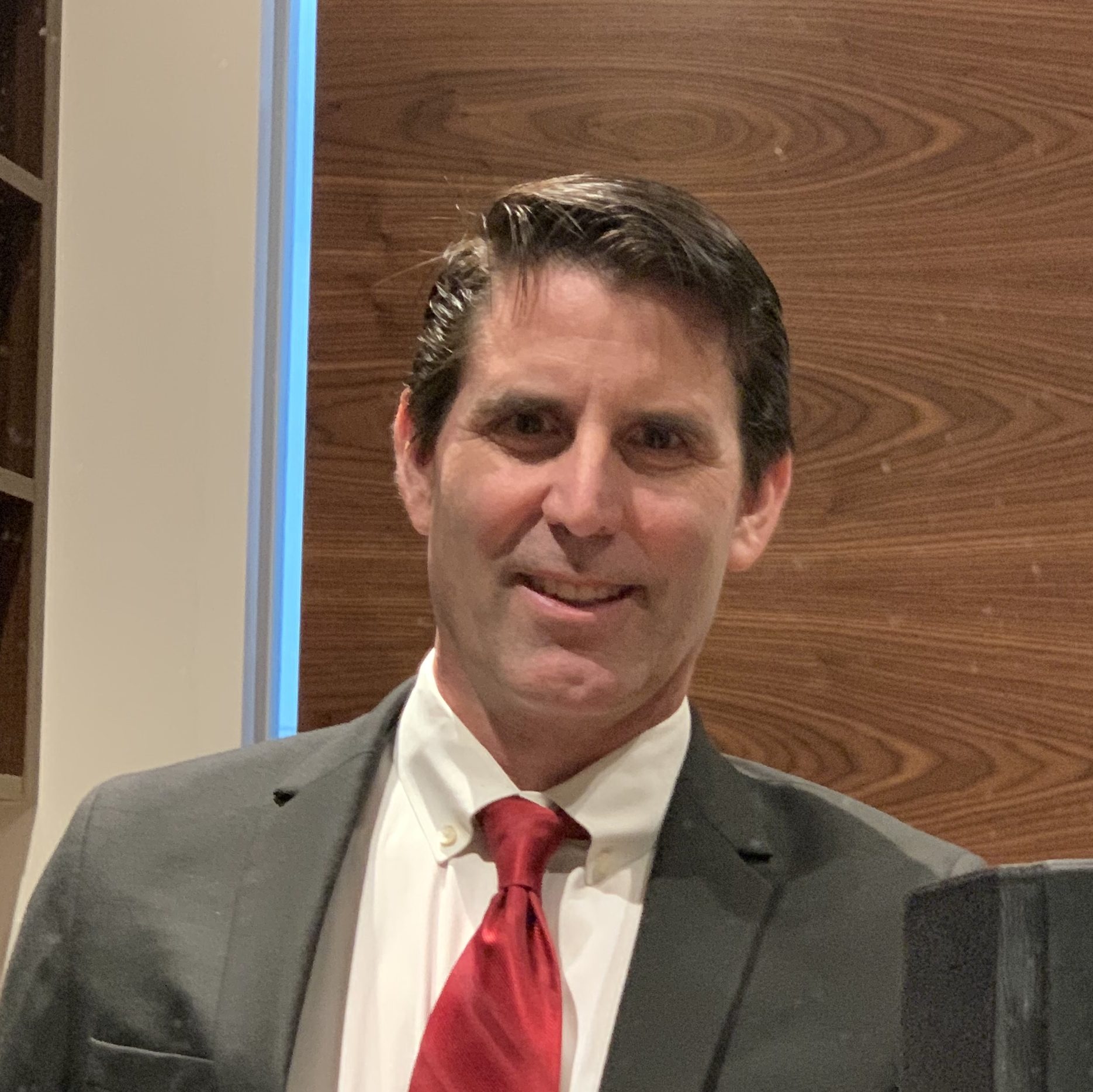
Mark Z. Jacobson
Mark Z. Jacobson is Director of the Atmosphere/Energy Program and Professor of Civil and Environmental Engineering at Stanford University. He is also a Senior Fellow of the Woods Institute for the Environment and of the Precourt Institute for Energy. His career focuses on better understanding air pollution and global warming problems and developing large-scale clean, renewable energy solutions to them. His most recent book is 100% Clean, Renewable Energy and Storage for Everything. In 2019, he was selected as “one of the world’s 100 most influential people in climate policy” by Apolitical. He has served on an advisory committee to the U.S. Secretary of Energy and cofounded The Solutions Project. His work is the scientific basis of the energy portion of the U.S. Green New Deal and laws to go to 100% renewable energy in cities, states, and countries worldwide.
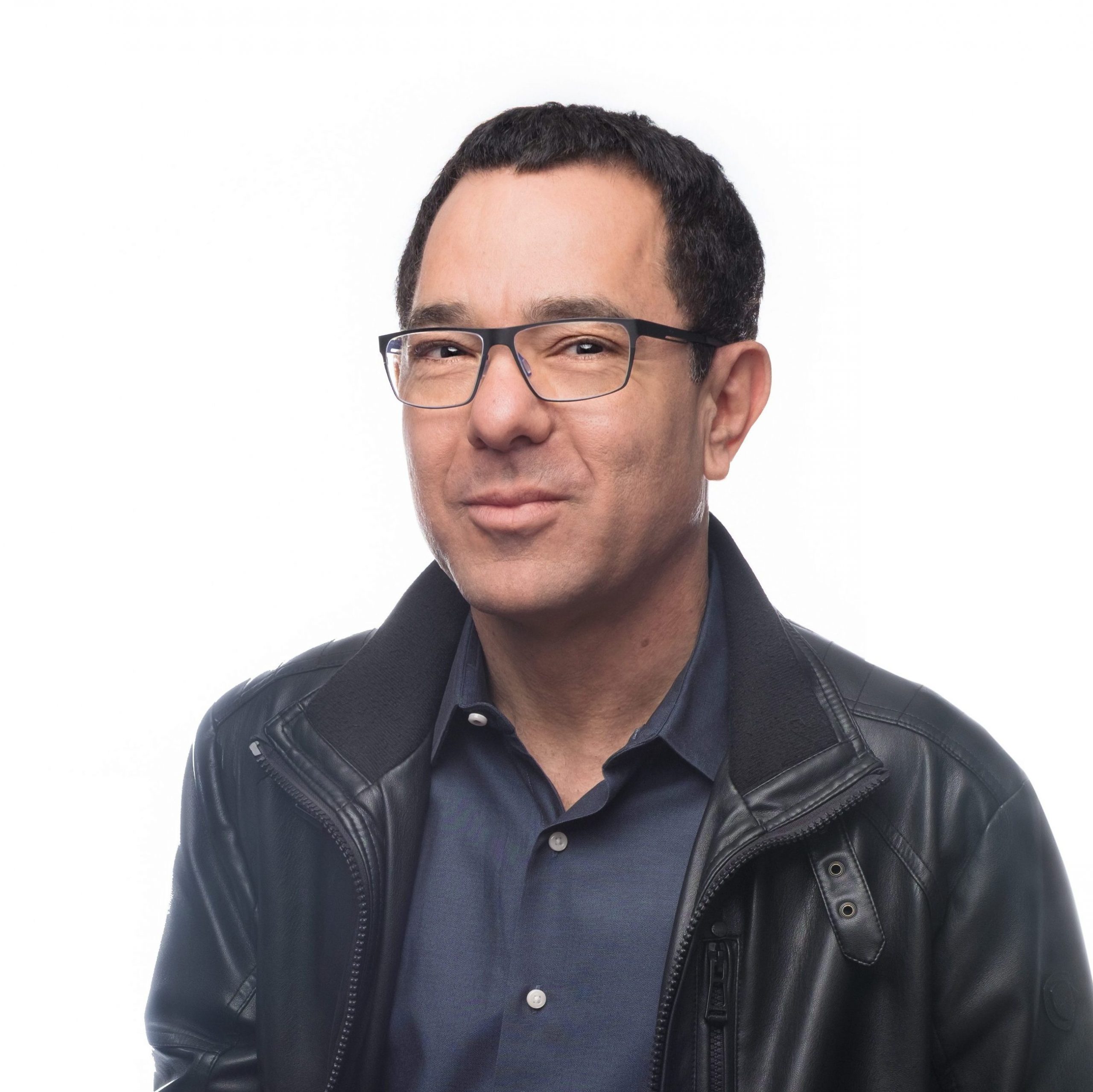
Tony Seba
Tony Seba is a world-renowned thought leader, author, speaker, educator, angel investor and Silicon Valley entrepreneur. He is the author of the #1 Amazon best-selling book “Clean Disruption of Energy and Transportation”, “Solar Trillions” and “Winners Take All”, and co-author of many other books including “Rethinking Energy 2020-2030: 100% Solar, Wind and Batteries Is Just the Beginning”. He is the creator of the Seba Technology Disruption Framework™. His work focuses on technology disruption, the convergence of technologies, business model innovation, and product innovation that is leading to the disruption of the world’s major industries. He has been a keynote speaker at hundreds of global events and organizations including Google, the European Commission, Davos, COP21, CLSA, J.P. Morgan, Nomura, National Governors Association, Conference on World Affairs, the Global Leaders Forum, Intersolar and China EV100. He has taught thousands of entrepreneurs and corporate leaders at Stanford Continuing Studies.
Co-signers
In addition to the 7 initial signatories, dozens of invited academics and other researchers in the field of energy transformation have by now already signed this statement.
- Prof Armin Aberle, CEO, Solar Energy Research Institute of Singapore
- Gorm Bruun Andresen, Assoc. Prof., Aarhus University
- Prof. Cristina Archer, University of Delaware
- Dr.-Ing. Philipp Blechinger, Reiner Lemoine Institut
- Prof. Gregory W. Brooks-English, Yonsei University
- Dr. Mary A. Cameron, Atmosphere/Energy Alum and Consultant, Stanford University
- Prof. Juan Cole, University of Michigan
- Dr Richard Corkish, UNSW Sydney
- Dr. Mark Delucchi, UC Berkeley
- Dr Mark Diesendorf, UNSW Sydney
- Dr. Adam Dorr, RethinkX
- Prof. Neven Duic, University of Zagreb
- Michael J. Dvorak, PhD, Founder, Weather Tactics
- Prof. Renate Egan, UNSW, Sydney
- Dr. Peter Enevoldsen, Director of Centre for Energy Technologies, Aarhus University
- José Etcheverry Ph.D., Board of Governors, York University
- Dr. Maria Cristina Facchini. Director, Institute of Atmospheric Sciences and Climate (ISAC), National Research Council (CNR), Italy
- Paul Gipe, wind-works.org
- Prof. Martin Green, UNSW Sydney
- Prof. Martin Greiner, Aarhus University
- Prof. Robert Howarth, Cornell University
- Dr. Heidi Hutner, Stony Brook University
- Prof. A. R. Ingraffea, Cornell University
- Prof. Claudia Kemfert, DIW
- Dr. Bin Lu, Research Fellow, Australian National University
- Prof. Henrik Lund, Professor in Energy Planning, Aalborg University
- Prof. Michael Mann, Penn State U
- Prof. Henning Meschede University of Paderborn
- Professor Enebish Namjil, Institute of Physics and Technology, Mongolian Academy of Sciences
- Prof. Mika Ohbayashi, Director, Renewable Energy Institute, Tokyo, Japan
- Dr. Thomas Reindl, Deputy CEO, Solar Energy Research Institute of Singapore (SERIS)
- Prof. Julieta Schallenberg-Rodriguez, University of Las Palmas de Gran Canaria
- Professor Hans Joachim Schellnhuber, Founder and Director Emeritus of the Potsdam Institute for Climate Impact Research (PIK)
- Prof. Benjamin K. Sovacool, Aarhus University
- Professor Peter Strachan, Robert Gordon University, Aberdeen, Scotland
- Dr. Thure Traber, Energywatchgroup, Berlin, Germany
- Assoc. Prof. Dr. Sven Teske, Inst. for Sustainable Futures, University of Technology Sydney
- Dr Pierre Verlinden Amrock, Adjunct Prof. University of New South Wales, Sun Yat-Sen University
- Dr. Marta Victoria, Assist. Professor, Aarhus University
- Professor Ray Wills, School of Earth and Agriculture, The University of Western Australia






